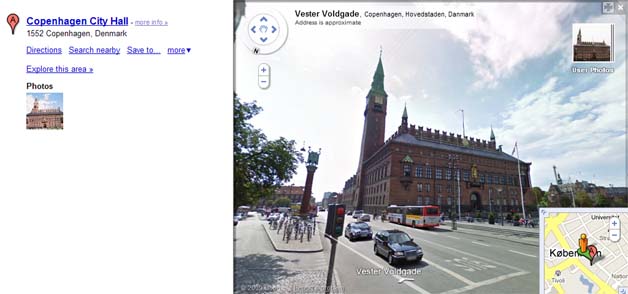The prevalence of cash and coins in Sweden is diminishing. The shift to make cash money a thing of the past is a controversial move that has impacted its people tremendously.
Limitations of a Cashless World
Elderly individuals living in rural areas do not have credit cards and do not know how to withdraw cash through their use. This has made it extremely difficult on this age group considering there are towns where it isn’t at all possible to enter a bank and use cash.
Another limiting factor is that there is a lack of privacy; all transactions leave a paper trail. This could be especially problematic for those who wish to donate to organizations anonymously. The solution on this end would be to offer other ways to pay for services that would protect consumer privacy.
But beyond these concerns is the fact that digital transactions will lead to greater profits for banks. Many business owners will face considerable overhead in transaction fees: Hanna Celik, whose family owns a newspaper kiosk in a Stockholm shopping mall, says the digital economy is all about banks seeking bigger earnings. Celik says he gets charged about 5 Swedish kronor ($0.80) for every credit card transaction, and a law passed by the Swedish Parliament prevents him from passing on that charge to consumers.
It is Difficult to Find Places that Accept Cash in Sweden
It is almost impossible for Swedish people to avoid paying with a credit card. Bills and coins represent only 3 percent of Sweden’s economy, compared to an average of 9 percent in the eurozone and 7 percent in the U.S., according to the Bank for International Settlements, an umbrella organization for the world’s central banks.
Public buses don’t accept cash and a small but growing number of businesses only take cards. Churches have also been following the trend by installing card reading machines so that people could contribute their tithes electronically. This decision was made after several church members said they wanted to make a donation but never carried cash.
Going Digital Increases Safety
But others like Bjoern Ulvaeus, former member of 1970’s pop group ABBA, are very vocal about turning Sweden into a cashless world. After Bjoern’s son was robbed for the third time he started advocating a faster transition to a fully digital economy.
He thinks this transition will make it harder for thieves. According to crime statistics from The Swedish Bank Association this may be a valid point: “The number of bank robberies in Sweden plunged from 110 in 2008 to 16 in 2011 — the lowest level since it started keeping records 30 years ago. It says robberies of security transports are also down.”
Par Karlsson, a security expert at the organization claims, “Less cash in circulation makes things safer, both for the staff that handle cash, but also of course for the public.”
Friedrich Schneider, economics professor of the Johannes Kepler University in Austria said, ” The prevalence of electronic transactions — and the digital trail they generate — also helps explain why Sweden has less of a problem with graft than countries with a stronger cash culture, such as Italy or Greece.”
This has led to an outcry for the government to stop printing bank notes altogether.
Say Goodbye to Those Old Cash Registers
Sweden ranked first for the second time in a row in the Global Information Technology Report released at the World Economic Forum in January. The Economist Intelligence Unit also put Sweden top of its latest digital economy rankings, in 2010.
Many Swedish-based companies are now focused on developing payment and banking services for smartphones. Swedish company iZettel has developed a device that plugs into the back of an iPhone to make it work like a credit card terminal. Sweden’s biggest banks are expected to launch a joint service later this year that allows customers to transfer money between each other’s accounts in real-time with their cell phones.
Will Cash Become Extinct?
Many experts believe that it will not become extinct, instead it will decline in use.
Before retiring as deputy governor of Sweden’s central bank, Lars Nyberg recently stated that cash will survive “like the crocodile, even though it may be forced to see its habitat gradually cut back.’
Andrea Wramfelt, owns a bowling alley in the southern city of Landskrona and stopped accepting cash in 2010; she believes coins and notes will cease to exist in Sweden within 20 years.
















